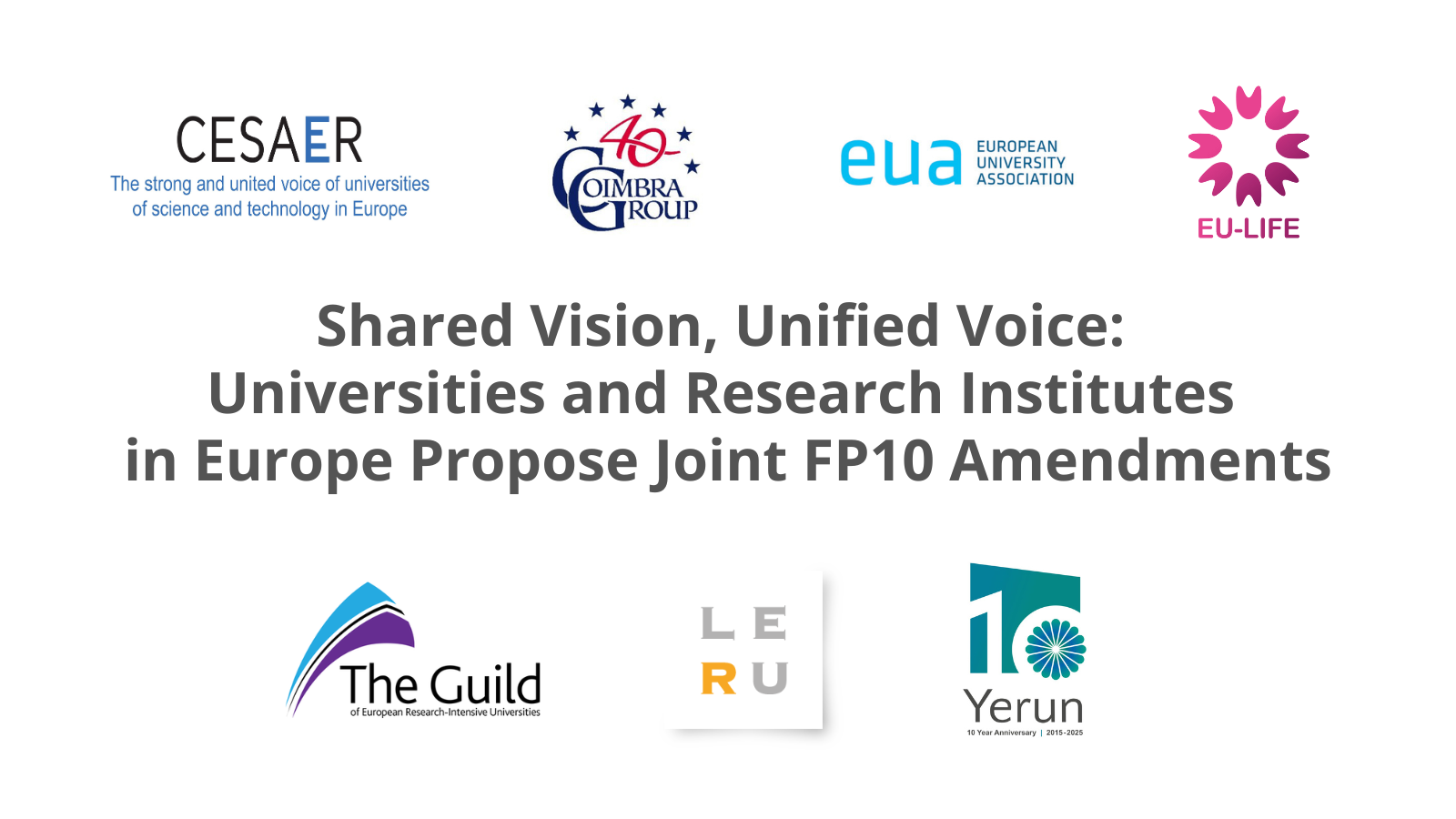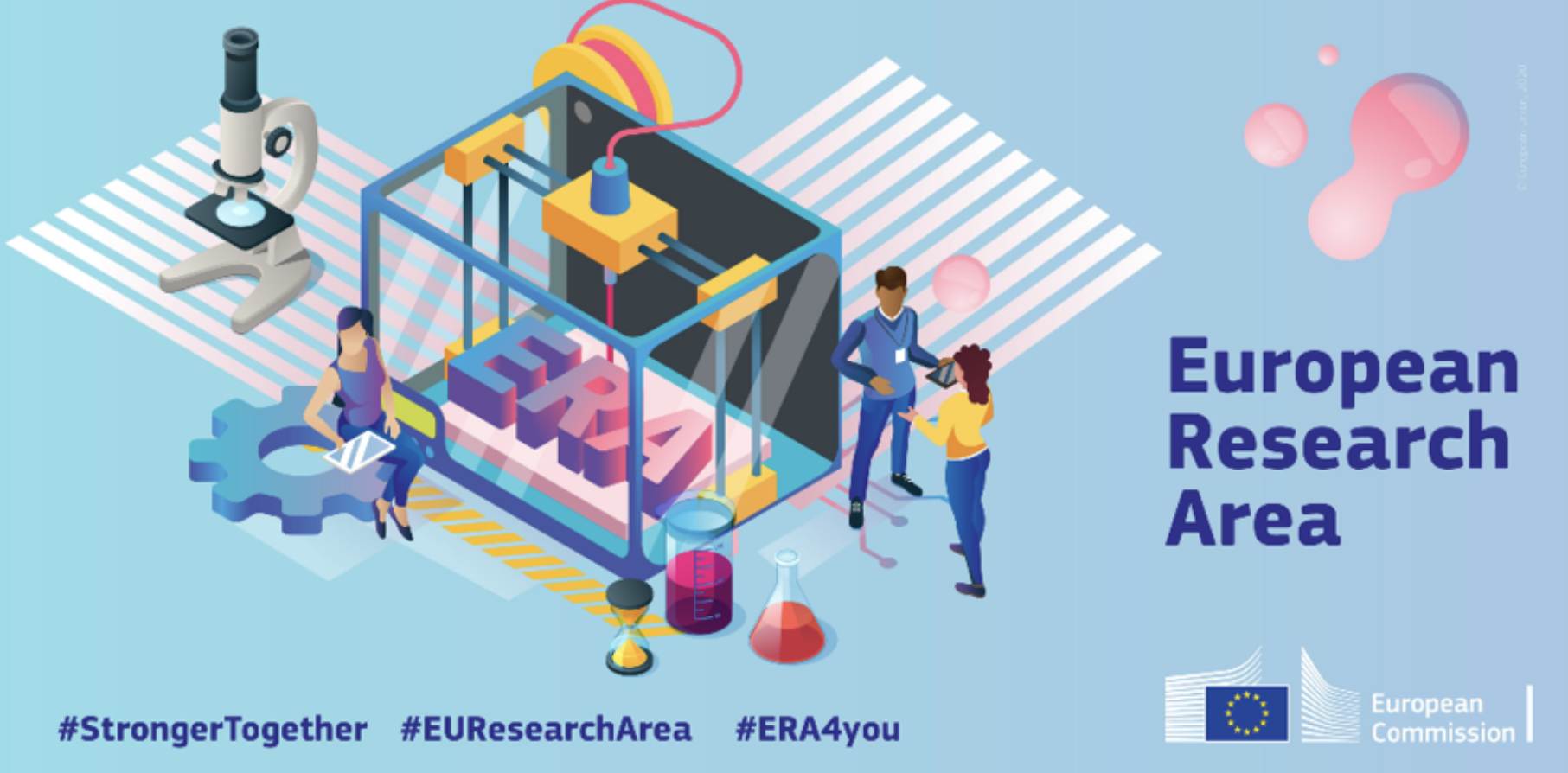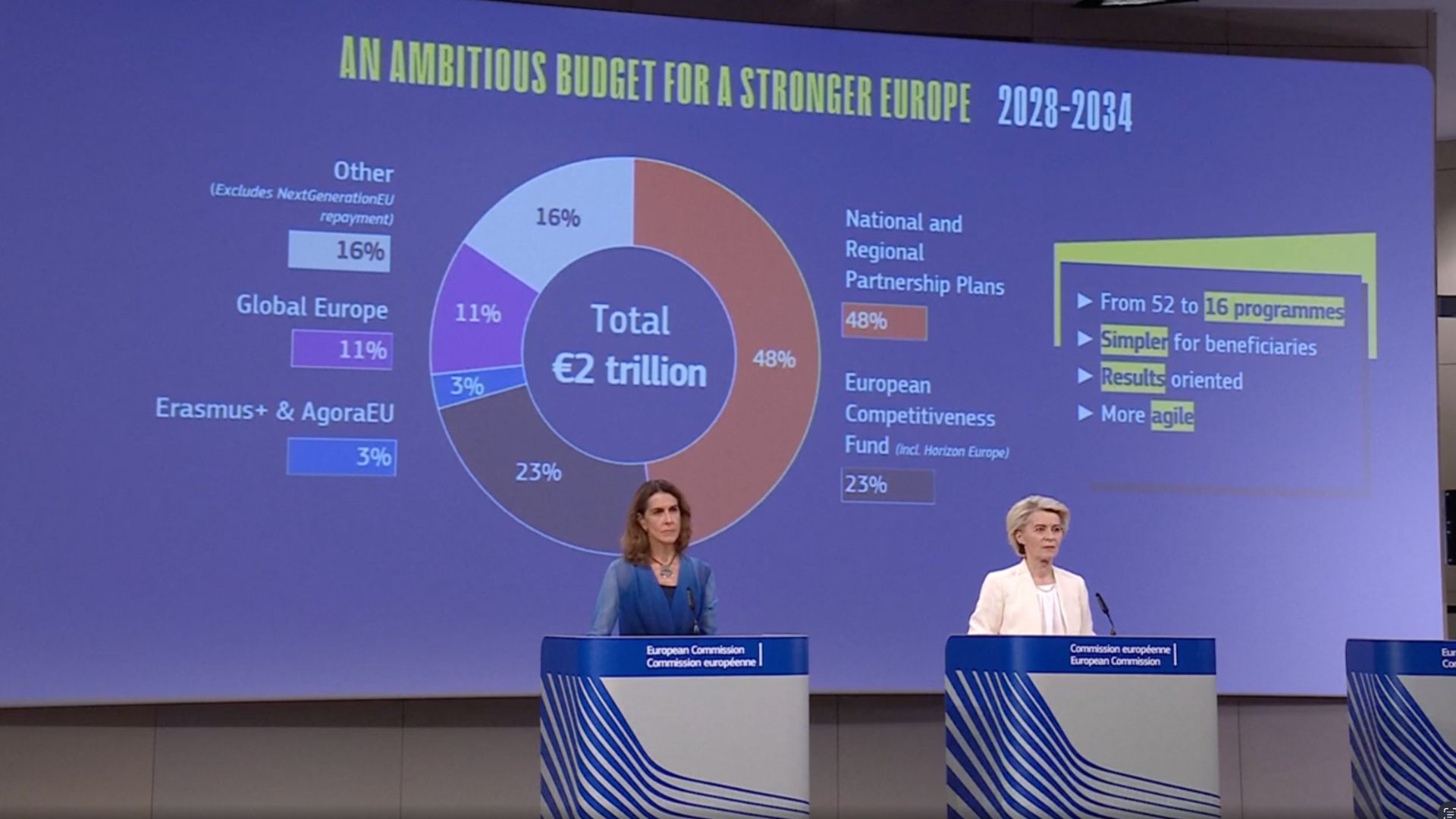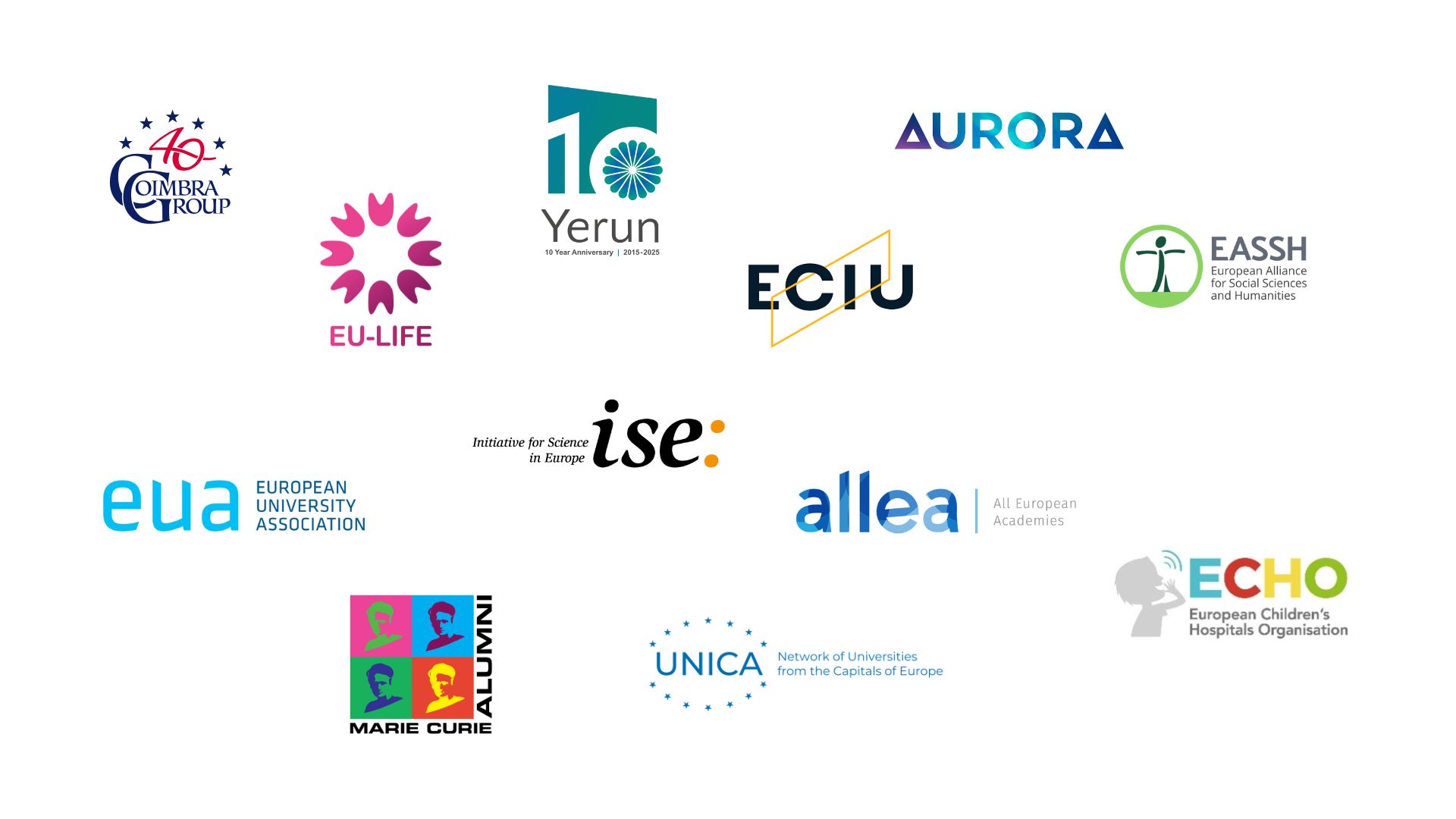In December 2023, a new unified “European Charter for Researchers,” replacing the original Charter and Code from 2005, was adopted by European Member States as part of a broader Council Recommendation on a European framework to attract and retain research, innovation and entrepreneurial talents in Europe. The new Charter aims to provide a cohesive framework for creating effective human resources (HR) strategies that support attractive and sustainable research careers across Europe.
In this context, YERUN reflects on the experiences with both the past and current versions of the Charter and provides the following recommendations to the European Commission to address key challenges:
- Urgently update the HR Excellence in Research accreditation process to align with the 2023 updated principles of the Charter.
- Focus on profoundly harmonising and simplifying the Charter implementation procedures while improving synergies with other R&I policies.
- Commit to and set up concrete processes to improve communication between the Commission, experts/assessors and HR award applicants so institutions are facilitated in this process instead of facing uncertainties and barriers.
- Prioritise the creation of a community-building and peer learning system to enhance engagement with the Charter and facilitate its implementation.
Clarity in implementation and balanced objectives are vital for the new Charter’s success. YERUN urges the European Commission to address existing challenges and support institutions in advancing research careers. Despite past obstacles, the Charter remains a strong foundation for meaningful progress.
YERUN reaffirms its commitment to collaborating with the Commission and stakeholders to enhance HR policies and drive positive change in Europe’s research landscape.










